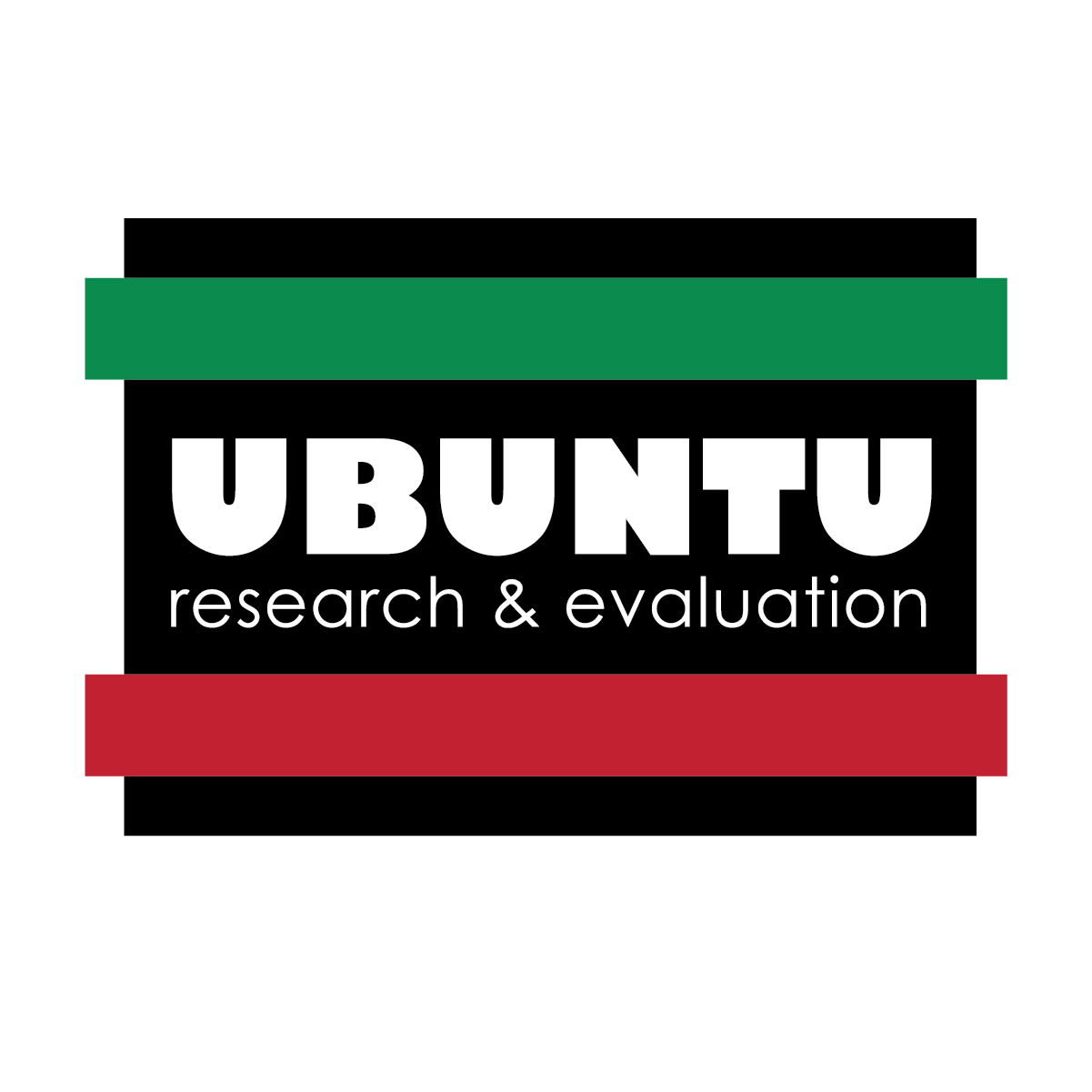Objectification to Liberation: Re-Humanizing Demonized Bodies
Writing this piece was difficult, but felt necessary. At UBUNTU, writing is an integral part of our work and our ethos. In addition to our guiding principles of listening deeply, writing is a process we use for reflection and for sharing perspectives. As defined through our Afrofuturist Evaluation Cycle and Ground Rules for Intellectual Work, the "Listen and Inscribe" rule calls us to continuously read, write, and listen. While unpacking the recent violence against Palestinians and situating it within the struggle for collective liberation was challenging, reading and writing is an act of resistance. By inscribing and weaving connections, we can re-humanize the dehumanized. This piece represents my attempt to listen, learn, and share knowledge that disturbs dangerous mythologies. I don't claim full expertise. However, I wish to add one more voice against the normalization of violence. UBUNTU’s ethos reminds us that writing with care and writing for the people is a form of accountability and purpose that is needed now more than ever.
“If you are neutral in situations of injustice, you have chosen the side of the oppressor.” - Desmond Tutu
The recent escalation of violence by the Israeli government against Palestinians has once again exposed the dehumanizing pattern in how our society responds to the oppression and trauma faced by marginalized communities. For over 75 years, Palestinians have endured systematic displacement, military occupation, and deprivation of basic rights. The narrative in the media frames Palestinians solely through the lens of a security threat, rather than as human beings denied dignity and freedom by an apartheid system. It excuses the horrific state-sanctioned violence against Palestinians as necessary for Israeli security, while dismissing Palestinians’ demands for liberation as illegitimate.
Palestinian liberation is intimately tied to the fight for racial justice for Black liberation in the United States. As adrienne maree brown writes in Emergent Strategy:
“All social justice work is science fiction. We are seeking to make a world that does not yet exist, that may never have existed, a world without poverty, prisons, violence. We are pulling on the threads of the world we want to live in, theorizing, testing, drawing maps, writing books, building cities. All of that is science fictional behavior, shaping visions of futures we are willing to create."
The visions of freedom and dignity sought by both the Palestinian and Black American struggles require dismantling entrenched systems of white supremacy. The failure to fully acknowledge the humanity of Black Americans and Palestinians and ignore their trauma stems from the way white supremacy has distorted dominant institutions and culture to deny the freedom of non-white groups. It is the toxic legacy of what Black feminist scholars like Hortense Spillers and Christina Sharpe unpack as the “whitening” of humanity itself. By codifying race as a concept and forcibly separating human worth along color lines, the ideology of whiteness embedded hierarchy into the modern world’s very fabric. It relegated non-white peoples to a status of objectification, vulnerability, and social death.
Hortense Spillers’ essay titled “Mama’s Baby, Papa’s Maybe” analyzes how under slavery, Black people were violently stripped of identity, culture and family ties. This article argues that through dehumanization Black people were reduced to just Black flesh, a state where it could be brutalized, exploited and killed with impunity. Christina Sharpe builds on this in her work “The Lie at the Center of Everything”, arguing anti-Black dehumanization has remained an enduring ontological condition shaping Black life after slavery. Public imagination continues to ignore Black humanity and deem us invisible. Instead, Black life continues to be marked by violence and death.
Calvin Warren explains in his article, “Onticide: Afropessimism, Queer Theory, and Ethics” how the Black body is an object of violence that cannot be mourned or known because it was never seen as fully human to begin with. Its suffering is illegible and ungrievable. This ontological erasure allows the myths of Black criminality and inferiority to persist unchallenged. It fosters an empathy gap where violence against Black and Brown bodies fails to stir mass outrage, action, and change.
So how does this relate to Palenstianians? Well, like the Black body, the Palestinian body has been rendered non-ontological - placed outside the boundaries of humanity and empathy. Their bodies and lives are hypervisible as threats and sites of justified state violence, but their anguish, their fight to liberation fail to register. Palestinian deaths and dispossession are framed as unfortunate necessities rather than grave injustices and ethnic cleansing. Their suffering is ungrievable because their humanity has been stripped. Just as the Black body under slavery was reduced to Black flesh, the Palestinian body under apartheid has been reduced to a disposable threat not worthy to exist.
True liberation requires us to reject ALL THIS SHIT! We must reimagine our shared humanity by radically being open to witness the suppressed narratives like those of Palestinians and Black Americans. Our interlinked struggles shine light to the need for collective mourning and radical reenvisioning to birth a world where all bodies, identities, faiths, and cultures are dignified. As adrienne maree brown articulates in Emergent Strategy, we must focus on "envisioning and building new patterns," moving beyond reforming broken systems. A world where our full humanity is recognized regardless of identity.
"No one is free until we are all free." - Dr. Martin Luther King Jr.
Sources:
Warren, C. (2014, November 18). Onticide: Afropessimism, Queer Theory, and Ethics.
Sharpe, Christina. “The Lie at the Center of Everything.” Black Studies Papers 1.1 (2014): 189–214. Web. link to this article: http://nbn-resolving.de/urn:nbn:de:gbv:46-00103785-17
Spillers, H. J. (1987). Mama's Baby, Papa's Maybe: An American Grammar Book. Diacritics, 17(2), 64-81.https://www.jstor.org/action/doBasicSearch?Query=no%3A2+AND+sn%3A0300-7162+AND+vo%3A17+AND+year%3A1987&ymod=Your+inbound+link+did+not+have+an+exact+match+in+our+database.+But+based+on+the+elements+we+could+match%2C+we+have+returned+the+following+results.
brown, a. m. (2017). Emergent Strategy: Shaping Change, Changing Worlds. AK Press.
